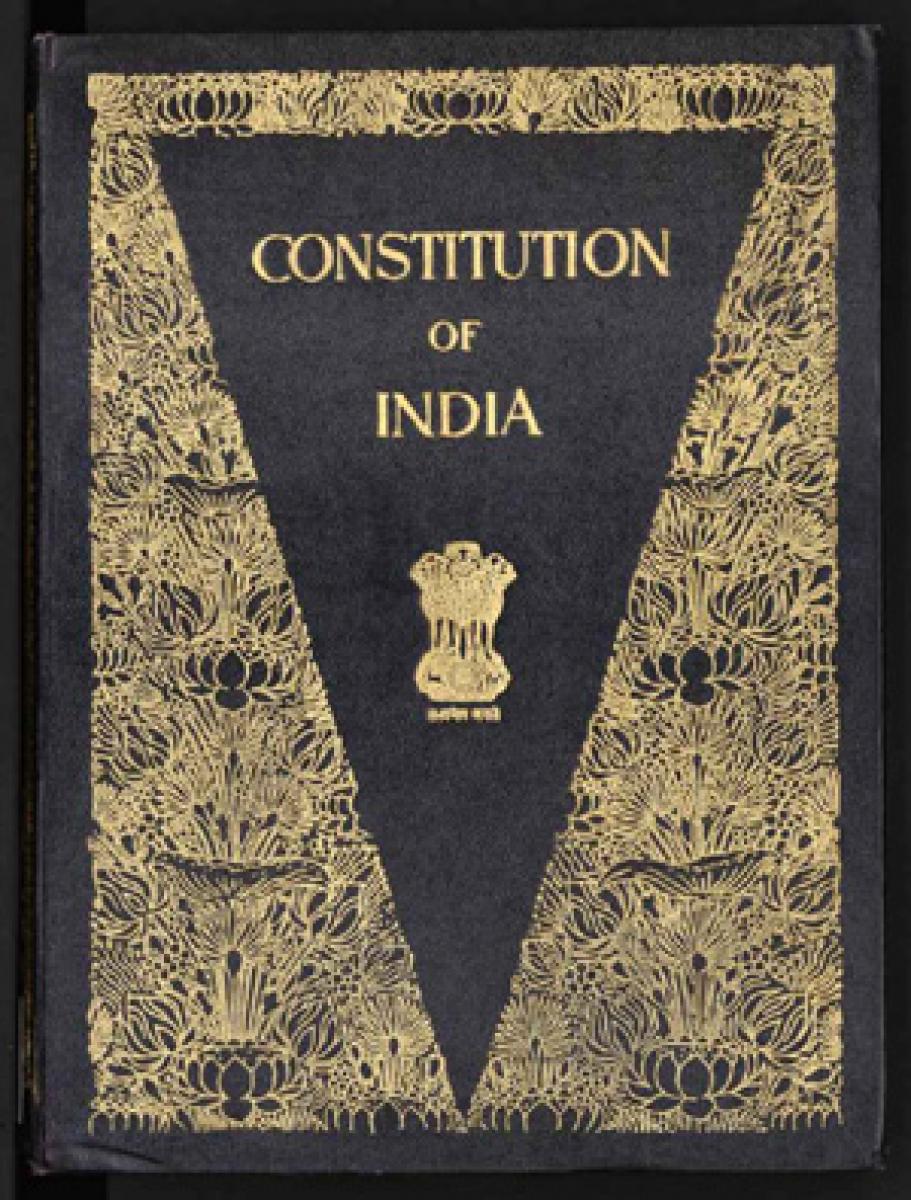What is Ninth Schedule?

It was the First Amendment in 1951 along with Article 31-B that marked the addition of the Ninth Schedule to the Constitution. This was intended to protect land reform laws from being challenged in courts on the grounds of violation of fundamental rights.
It was the First Amendment in 1951 along with Article 31-B that marked the addition of the Ninth Schedule to the Constitution. This was intended to protect land reform laws from being challenged in courts on the grounds of violation of fundamental rights. According to Article 13(2) of the Constitution, the state shall not make any law that will be inconsistent with the fundamental rights.
Laws made in contravention of fundamental rights shall be void to the extent of the contravention. Article 31-B gives validation based on “fictional immunity” that laws enacted under it and placed in the Ninth Schedule are immune to challenge in a court of law even if such a law violated fundamental rights. The revision was not without challenges.
In IR Coelho versus State of Tamil Nadu, for instance, various laws placed in the Ninth Schedule were challenged on the ground that laws violating fundamental rights should be struck down as “unconstitutional”. In its January 2007 verdict on the issue, a nine-judge constitution bench contended: a) The SC upheld the validity of Article 31-B and Parliament’s power to place a particular law in the Ninth Schedule; b) However, it held that laws placed in the Ninth Schedule were open to judicial scrutiny implying that such laws could not be entitled to blanket protection; c) In the wake of the Keshwanand Bharti Judgment on April 24, 1973, when it propounded the “basic structure” doctrine, such laws were open to challenge; d) If the SC has already upheld the validity of any Ninth Schedule Law, it would not be open to challenge such a law again on the principles declared in the latest judgment delivered on January 11, 2007; e) It laid down dual test to examine the validity of a law placed in the Ninth Schedule.
Whether it violates any fundamental right and if yes whether the violation also damages or destroys the basic structure. If the answer to both the questions is in the affirmative, then only a law placed in the Ninth Schedule can be declared unconstitutional. The court also said that by using the power to amend the Constitution, Parliament cannot alter its basic or essential features like federal structure, separation of power between the three organs of the states and judicial review, among other things.








